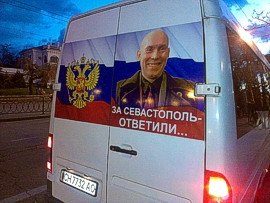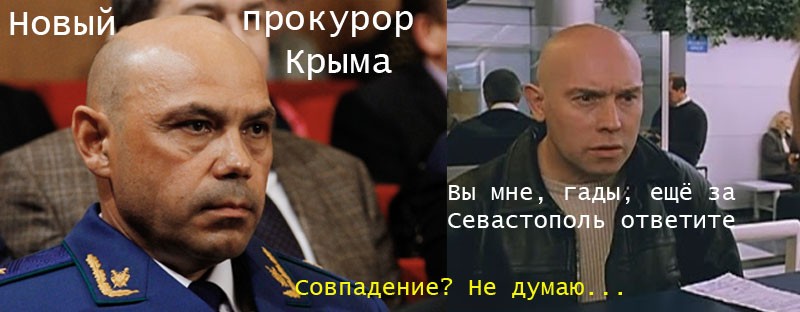You can't really "study" a culture. You can only verstehen it. And in order to verstehen, you need to live into it. The rapid escalation of Z-war hardly came as a surprise to anyone who lived in the context of Russian culture. Watch this fragment from a super popular movie Brat-2
Aleksei Balabanov may be the most talented and the culturally influential film director of the post-Soviet Russia. Some even argue that he created the post-Soviet Russian culture. That may be an overstatement but the absolutely iconic status of his movies is hard to deny 

Most of Balabanov's fame and influence is based on just two movies: Brat and Brat-2 covering fictional mafia wars of the Russian mafia. The first movie is taking place in Russia (St Petersburg), in the second movie they make a work trip to America 



One of the more iconic meme phrases from the movie is:
"You scumbags will yet answer me for Sevastopol"
A Russian bandit is telling this to a Ukrainian before killing him. Crimean Sevastopol becoming a part of Ukraine was perceived as a major injustice by Russian nationalists
"You scumbags will yet answer me for Sevastopol"
A Russian bandit is telling this to a Ukrainian before killing him. Crimean Sevastopol becoming a part of Ukraine was perceived as a major injustice by Russian nationalists

And indeed, the annexation of Crimea brought this iconic image back to the Russian discourse and meme culture. Consider this marshrutka, a passenger minibus 

Or a pro-government demonstration in Vladimir. Notice a single word "ответили" = "[they] answered" on a poster. Everyone immediately gets the message and the cultural allusion. It's universally known 

Some meme authors would notice a similarity between a newly appointed prosecutor of Crimea and the actor from Brat movie. In a sense, the annexation itself was seen in the Brat context 

Extreme brutality of Z-war impressed many observers. Here you see Russian troops launching rockets with thermobaric warheads with a TOS-1A Solntsepyok heavy flamethrower system
Here you can see a Russian TV host Skabeeva praising the use of thermobaric warheads in Ukraine (with English subs). It's two minutes long and I strongly recommend to watch it through to grasp some understanding of the state of public discourse in Russia
Current derangement of the Z war may seem as an unfortunate accident to a foreigner who hadn't lived in the context of the Russian culture. But it seems logical and pretty much inevitable to the ones who did and consumed its cultural content. The end of🧵 

• • •
Missing some Tweet in this thread? You can try to
force a refresh





